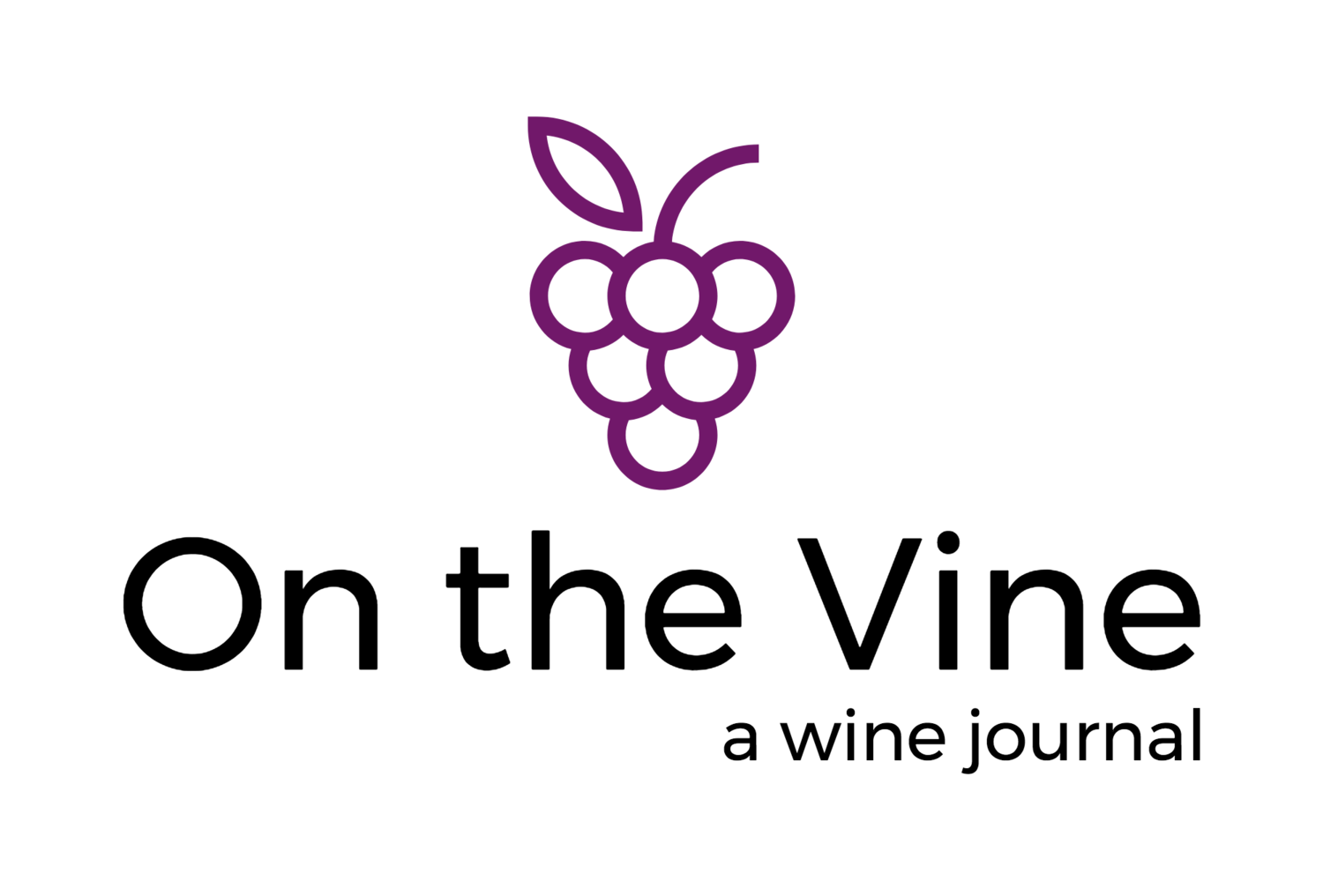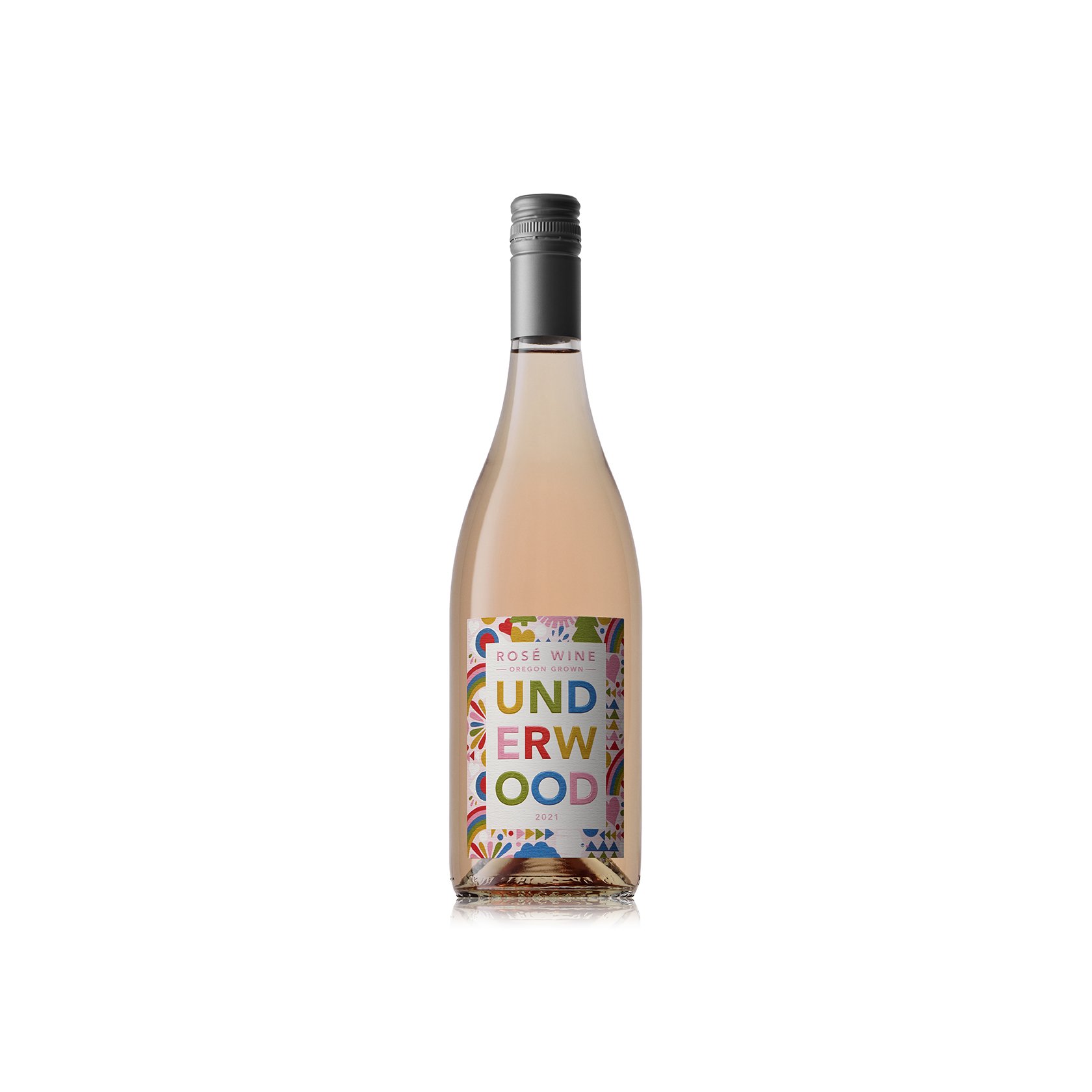Oregon Grown
/The Oregon Wine Press includes a “portrait” of one of the state’s wineries every month. I was asked to write one about Union Wine Company for the December 2022 issue. It was a topic I would not have chosen, but I learned a lot in the process and met some memorable people. It was also a chance to reflect on the role of the industry’s biggest players in this state where small, “boutique” producers are considered the norm. CLICK HERE to read the final edited version on the OWP website.
The place in which a wine is grown and made is woven into its every aspect. European wine labels usually feature the wine’s place of origin – Chablis, Champagne, Rioja, Chianti – and frequently omit the varieties of grapes used. The emphasis is placed on linking the wine to the lives and commitments of the people that produce it and share it at meals and celebrations. Here in Oregon, the state’s natural beauty, climate and the Pacific Northwest way of life are reflected in the styles of the wine made here. Once experienced, they are hard to forget.
Ryan Harms had just such an unforgettable Oregon experience while he was an undergraduate pursuing a medical career. Ryan fell in love with the state and its wine while working a harvest here in the late 1990s. “It was a tough vintage, [but I] loved every minute of it and… wanted to get back here as soon as I could,” he said in a recent podcast. A self-described “kid from New York,” Ryan credits Lynn Penner-Ash as the winemaker who offered him his first wine experience in Oregon. Less than a decade later he founded what has become the state's largest winery, Union Wine Company, to craft “great Oregon wines – without all the fuss.” The company’s logo is in the shape of the state’s map and “Oregon Grown” is emblazoned on every label. A passion for the region finds expression not only in Union’s wines but also in its commitments to Oregon and the things Oregonians care about.
As a young cellar worker, Ryan Harms helped several Oregon wineries craft high-end bottles that his friends could not afford. And so Union Wine Company unapologetically seeks to make Oregon wine that is accessible and not expensive. “We see ourselves as big Oregon ambassadors and being able to bring Oregon wine to the people,” said Brad Mayer, Union’s Director of Marketing and Communications. “A lot of Oregon, thankfully, is small, high-end producers – that’s the nature of Oregon pinot noir. We feel very lucky to be at the ‘democratization’ end of that spectrum.”
Oregon Brand
Union’s wide distribution and Oregon focus help make more people aware of Oregon wines. “Wine lovers throughout the world recognize the quality of Oregon wine,” said Linea Gagliano, Director of Communications for the Oregon Wine Board. “While Oregon wine makes up only about 2% of the market, high consumer interest and critical acclaim have driven Oregon’s volume demand outside the state up 9% – the highest level of national market penetration ever recorded for Oregon. Both nationally and internationally, people are taking note of the quality of Oregon wine; exports rose a remarkable 65% in the last five years.”
Union Wine Company’s best-known products are sold under the Underwood brand, a line that includes pinot noir and gris, rosé, and sparkling white and rosé wine. As one of the first Oregon wines available in cans as well as bottles, Underwood’s wine has grown to be the top seller in the Premium Can category, according to Nielsen Company data.
WICresearch, a trade group, reports that “canned packaging of wine has seen explosive growth” in recent years. Canned wine and Oregon go together in several ways. Lighter in weight than glass bottles, a can of wine is a practical choice for activities in the great outdoors and it’s safer in settings where broken glass could be hazardous. The volume of a 375 ml can is half that of a standard bottle of wine, so portions are more easily controlled. And aluminum can be infinitely recycled. According to the Ball Corporation, an emptied beverage can could be back on a store shelf as a new can in as few as 60 days, and 75% of all the aluminum ever produced is still in use. That kind of sustainability resonates with Oregonians’ concern for the environment. It is also attractive to younger generations of wine drinkers.
Underwood canned wine, however, is not the whole Union Wine Company story. Union also makes wine under four other brands. While fruit for Underwood wines is grown throughout the state, the sourcing of grapes for the other brands is part of what makes each of them distinct:
Kings Ridge was established in 1990 in the Chehalem Mountain AVA and was acquired by Ryan Harms in 2005 as he founded Union Wine Company. Today the brand continues by offering affordable wines produced with fruit from the Willamette Valley appellation.
The small-production Alchemist brand offers pinot noir and chardonnay blended with grapes sourced from selected AVAs within the Willamette Valley.
The Amity brand is Union’s entry into the single-vineyard, premium wine category and reflects the company’s growing interest in acquiring vineyard property. The site was first planted in the 1970s, is located in the Eola-Amity Hills AVA, and was acquired by Union in 2014. In addition to estate fruit, grapes are sourced from other high-quality vineyards in the Eola-Amity Hills and the wider Willamette Valley.
Christopher Michael Wines began in 2009 when Ryan’s brother, Eric, joined the company. The name is a combination of each brother’s middle name and the Oregon-made wine is produced from both Oregon and Washington fruit.
Oregon Good
Union’s passion for Oregon is evident beyond its Oregon-centric wine brands and sustainable packaging innovations. The company is committed to giving back to the community through extensive partnerships with various nonprofit organizations. “Our company is committed to doing good while doing well,” said Ryan Harms. “That’s why we partner with organizations, especially locally here in Oregon, that support our values and extend our reach. Together, we can do so much more. And as it turns out, similar to drinking wine, it's more fun with friends.”
One such partner is SOLVE, a nonprofit whose mission since 1969 is “to bring Oregonians together to improve our environment and build a legacy of stewardship.” In 2020, SOLVE organized over 12,000 volunteers to remove nearly 125,000 pounds of trash from Oregon’s neighborhoods, coast, rivers, parks and forests. Groups of Union Wine employees have participated in river clean-ups and the company participated in last summer’s Project CARES initiative, a partnership between SOLVE and Plaid Pantry convenience stores. “We are happy to partner with great organizations and great places that just take care of Oregon,” said Meah Kacirek, SOLVE’s Communications and Operations Coordinator. “We love working with Union Wine Company… the fact that they care about the stewardship of environmental practices is just great.”
When a company ships over 400,000 cases of wine a year, the packaging itself can become a means of raising awareness - and funding - for nonprofit organizations. Underwood releases limited editions of bottles and cans with artwork calling attention to the work of several groups. Recipients like the Nature Conservancy and the National Park Foundation have an obvious affinity for the Oregon-grown brand. Bottles of Pride Rosé, featuring a special label designed by Portland artist Lisa Congdon, were distributed last year to raise awareness of the LGBTQ+ community. “I love the idea that when my art goes on something, like a poster or notebook or wine bottle… it touches so many people that I will never meet,” said the artist. “And it's even more meaningful when that art sheds light on issues that I care about or are personal to me.” In the coming year, Lisa’s colorful artwork will appear on Underwood cans as well as bottles. The nonprofit Lisa suggested to receive Union’s donation is The Venture Out Project. “I am an avid cyclist and do a lot of riding on dirt, outside in the woods,” she said. “[Venture Out’s mission] is to get queer and transgender folks out on those same trails, hiking, playing and enjoying the outdoors in a way that is safe and inclusive.”
Union’s values and commitments beyond the wine cellar may best be summed up by its decision to pursue B Corp certification. According to B Lab, the nonprofit network that awards the certification, it is “a designation that a business is meeting high standards of verified performance, accountability, and transparency on factors from employee benefits and charitable giving to supply chain practices and input materials.” In 2023, Union Wine Company plans to join the global community of more than 5500 companies, including a handful of Oregon wineries, that have earned this certification. “[Our] pursuit of B Corp status will help us communicate our values and high standards for social and environmental performance to our wholesalers, accounts, and consumers,” said Union’s Ryan Harms.
A glass of wine reflects its source: the appellation, climate and vineyard, but also the passions, hopes, values and dreams of the people who produce it. Nowhere is that more true than in Oregon.







